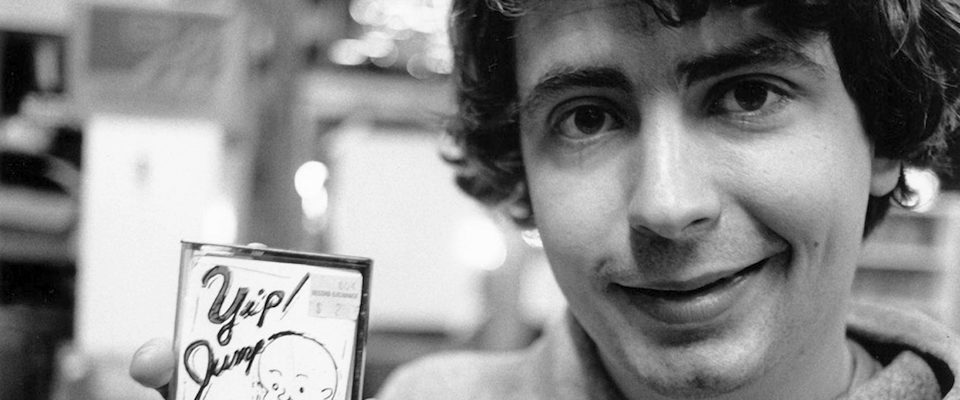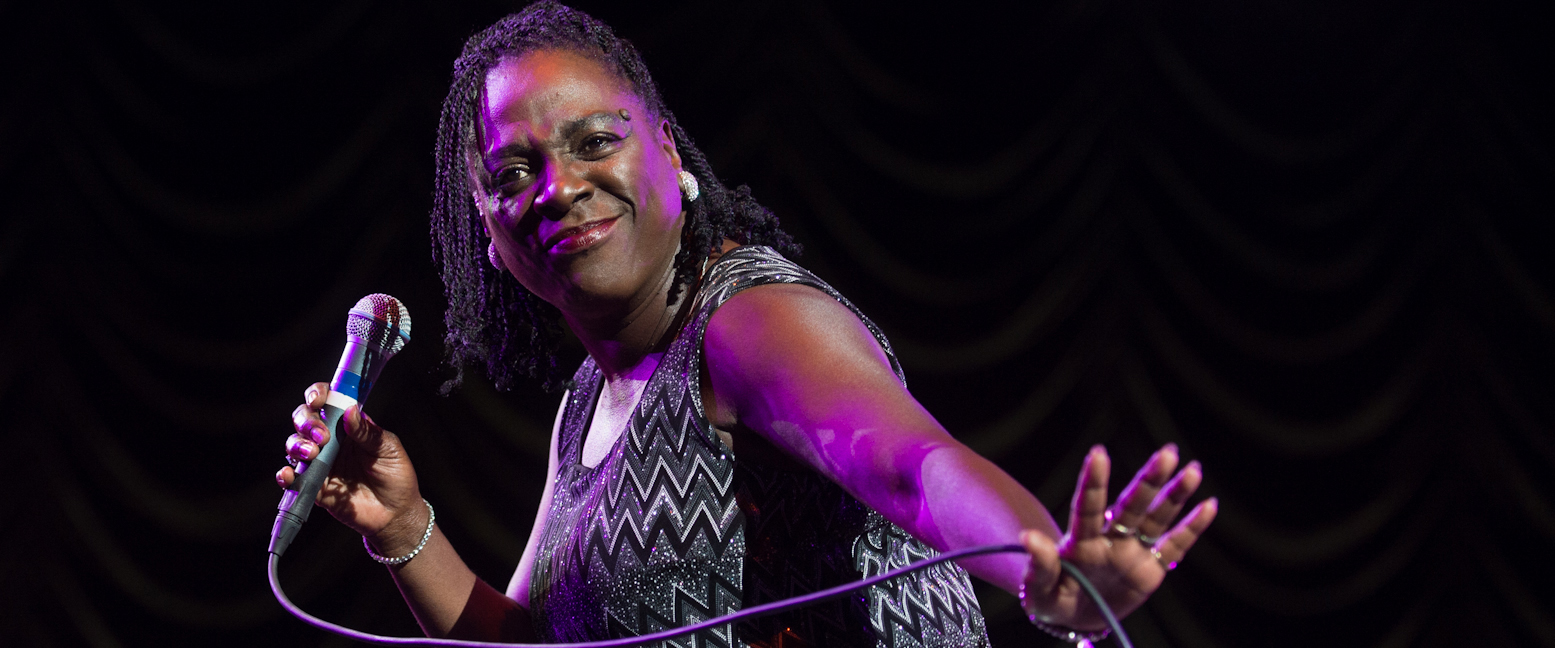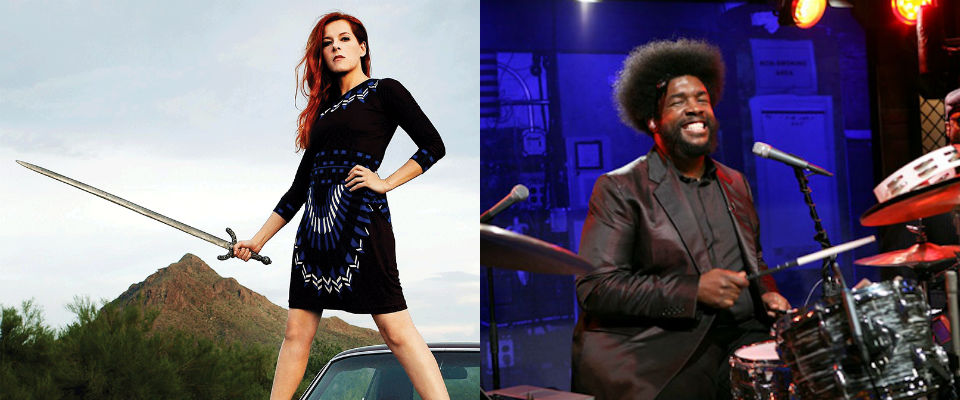By Jeff McCord
He seemed to show up at exactly the right time. Born in Sacramento, Daniel Johnston, who died on September 10th at age 58, grew up in the coal country of West Virginia. He attended Kent State, even worked in a traveling carnival before making his way to Austin in 1984. The posturing of the city’s punk and new wave scene was waning, and in its place was a new breed of guitar bands – young, earnest, coed and bristling with pop instincts.
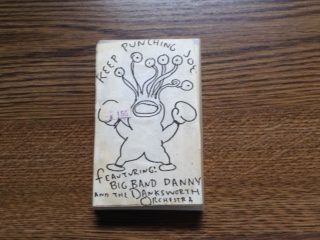
Johnston walked into this sea change impossibly skinny, ambitious, awkward, his arms clutching loads of his homemade cassettes, featuring his crude illustrations and amateurish recordings. He’d walk right up to you. “Hi, I’m Daniel. Would you like to hear my music?”
Everyone said yes, and soon his tapes were everywhere. It was, of course, his fellow musicians who were the first to listen beyond his tinny home recordings to hear the sweetness and frailty of his songs. They were bare, guileless in their joy and hurt, sometimes wrenchingly sad. (The first tape he made was titled “Songs of Pain”) The cool veneer that so many artists worked so hard to maintain was stripped away.
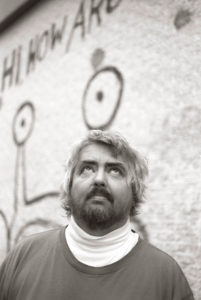
Virtually every Austin band of the period would work up a Johnston cover, and immersion in his work began to influence their own writing. He seemed to be always around, opening shows. Or at times still in his McDonald’s uniform from his job at Dobie Mall, telling his engaging, hard to follow stories from the outside tables at The Beach Cabaret, one of the scene’s epicenters. His childlike artwork began turning up everywhere. His famed mural of Jeremiah the Bullfrog, which he painted on the side of the Drag’s Sound Exchange in 1993, has long outlasted the record store.
Daniel’s love of Captain America, Batman, Casper the Friendly Ghost, religion and the Beatles all found its way in his music. His songs brimmed with hope and empathy – “Hey Joe”, “Don’t Let the Sun Go Down on Your Grievance”. “Running Water”, “True Love Will Find You In The End”. Yet others, like “Sorry Entertainer” and “Monkey in a Zoo”, chronicled what a tough sled it could be for him. His shaky voice and lack of professional accompaniment made it impossible for others to hear Daniel’s music the way it sounded to him. His eccentricities were inseparable from who he was.
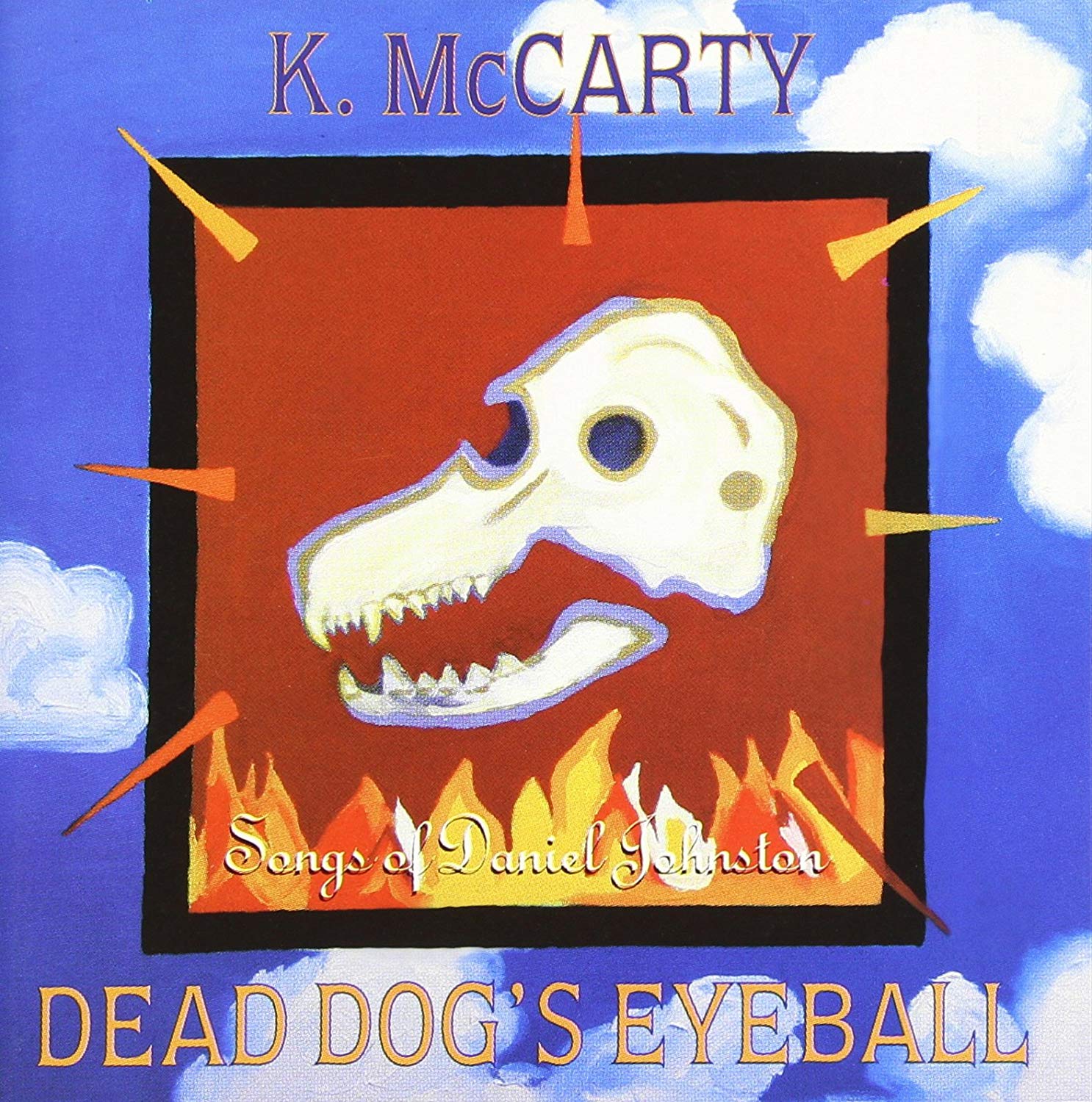 Yet Johnston was convinced he was going to be famous. He seemed to be on his way. He talked his way on to MTV when they visited Austin. And word of Daniel’s work had begun to spread throughout the country. Early adapters included Yo La Tengo, Jad Fair, Sonic Youth. Kurt Cobain turned up on MTV’s 1992 Video Awards wearing a Johnston ‘Hi, How Are You’ t-shirt. Eventually, the major labels came knocking. Johnston signed with Atlantic and released Fun in 1994.
Yet Johnston was convinced he was going to be famous. He seemed to be on his way. He talked his way on to MTV when they visited Austin. And word of Daniel’s work had begun to spread throughout the country. Early adapters included Yo La Tengo, Jad Fair, Sonic Youth. Kurt Cobain turned up on MTV’s 1992 Video Awards wearing a Johnston ‘Hi, How Are You’ t-shirt. Eventually, the major labels came knocking. Johnston signed with Atlantic and released Fun in 1994.
Austin musican and producer Brian Beattie, who worked with Daniel on many of his recordings, including most recently Beattie’s Ivy And The Wicker Suitcase project (Johnston played Satan) and a yet to be released Johnston album of new material, remembers him this way. “Daniel had such a strong imagination, it was like a rocket ship, you could ride it to a new destination. He loved Austin and he remembered his time here with wonder. Years later, he would bore me by reeling off band and club names, and endlessly repeating “Those were the days, huh?” But, in fact, his time here in the mid to late 80’s was a time of wonder, and seeing his self made myth and vision slowly manifest itself into the mind of America has been a wondrous thing to witness.”
Aiding in that manifestation was an extraordinary tribute album produced by Beattie, released in 1994, his former band mate Kathy McCarty’s Dead Dog’s Eyeball. McCarty and Beattie’s band Glass Eye had a national cult following, and their reimagining’s of Johnston’s best songs caught hold, bringing him even more admirers. Director Rick Linklater would feature McCarty’s version of “Living Life” in the closing credits of his film “Before Sunrise”.
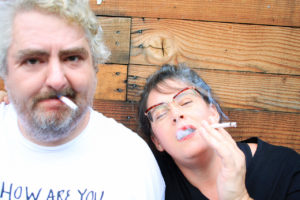
(photo courtesy of Todd V. Wolfson)
McCarty, a longtime friend and fan, reminisces. “Daniel’s songs spoke so directly and honestly about the experience of being human. There are literally millions of people who have been helped through difficult times in their lives by listening to his songs about depression, unrequited love, and faith in God and the future.”
By time of the album’s release, though, Daniel had left Austin to live with his parents. Johnston suffered from manic depression and schizophrenia, and had a nervous breakdown before even reaching Austin. The city’s party atmosphere and Johnston’s newfound notoriety proved a bad combination. After trying LSD, his erratic behavior landed him in trouble and led to a stay in a mental institution. Eventually his family came to get him. Returning to Austin to play the 1990 Austin Music Awards, his dad was flying him back to West Virigina on a private plane when Daniel suddenly grabbed the keys from the ignition and threw them out the window, causing the plane to crash. Somehow they both survived. Other violent episodes, including a break-in, and an assault of Sonic Youth’s Steve Shelley would follow.
As Beck, Tom Waits, Wilco and the Flaming Lips were recording his songs, as his artwork was on exhibit in NYC’s Whitney and other European galleries, and as a documentary based on his life was showing around the country, Daniel was at home with his parents, now living in Waller Texas. On antidepressants, his weight had ballooned. Michael Hall, who profiled Johnston for Texas Monthly remembers his 2005 visit. “He was very calm, seemed to be in good mental shape, physically, he was big and fat and ate a bunch of crappy food and drank a bunch of sodas.”
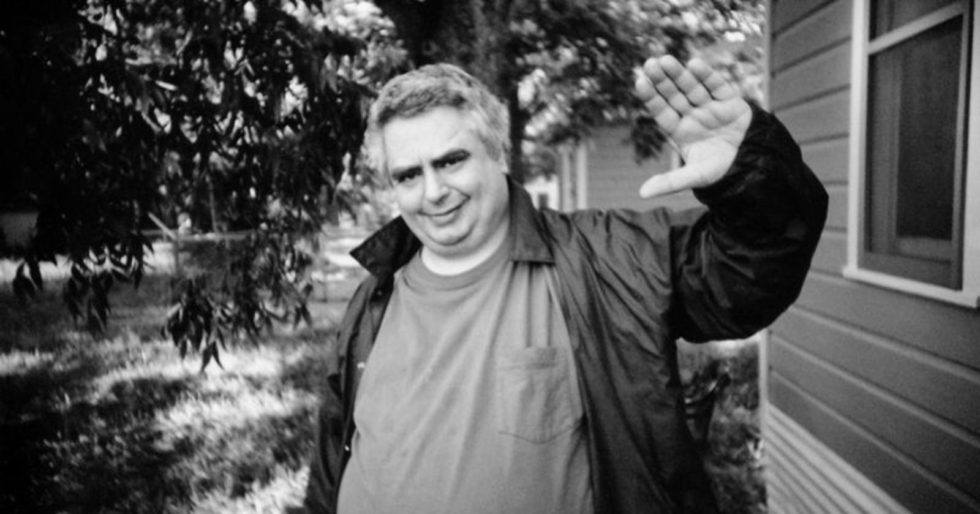
This would be Daniel’s existence, more or less, for the rest of his life, occasionally emerging in public but mostly holed up smoking cigarettes and gulping orange drinks, while the world outside clamored for any sign of him. Balancing the constant demands of fans, management, his own ambitions and his deeply religious and protective parents, his appearances grew more and more infrequent.
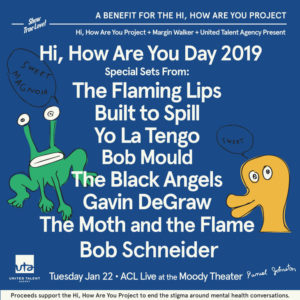 One of the last times he was onstage in Austin was his 57th birthday, when his manager Tom Gimbel arranged for the city to celebrate “Hi How Are You Day”. The holiday continues in Austin, celebrating the kid who arrived with his tapes in hand so long ago (this year’s show featured the Flaming Lips). But they’ll be without Daniel.
One of the last times he was onstage in Austin was his 57th birthday, when his manager Tom Gimbel arranged for the city to celebrate “Hi How Are You Day”. The holiday continues in Austin, celebrating the kid who arrived with his tapes in hand so long ago (this year’s show featured the Flaming Lips). But they’ll be without Daniel.
“Listen up and I’ll tell a story,” he sang in his song “Story of an Artist”. “About an artist growing old / some would try for fame and glory / others aren’t so bold”
Johnston was bold, persevering in his goal against all odds. This nervous, odd kid did capture the world’s attention. One of Johnston’s early and loyal champions, former manger Jeff Tartakov says, “ He touched people in a way that will never be forgotten.”
Comments are now pouring in on social media from both friends and encounters, famous and not. All seem compelled to say how Daniel and the music he made affected them, and how his honesty cut through this noisy world like a beacon.
